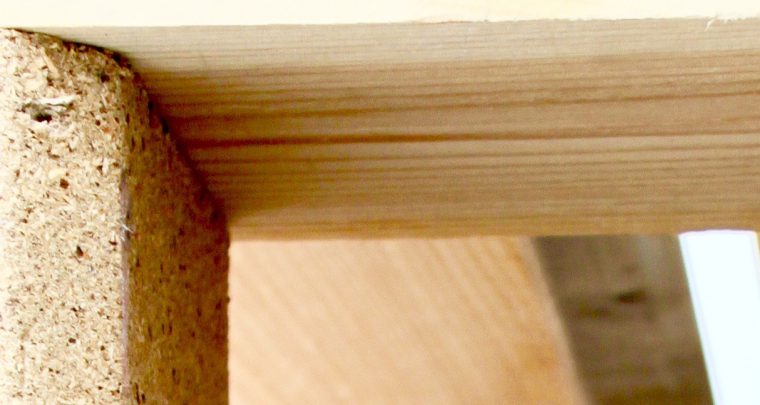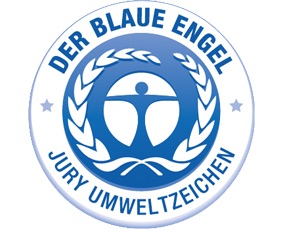Starting February 2019: new duty of declaration for emissions from construction products

In January 2018 the German version of European testing standard DIN EN 16516 for determination of emissions into indoor air was published.







